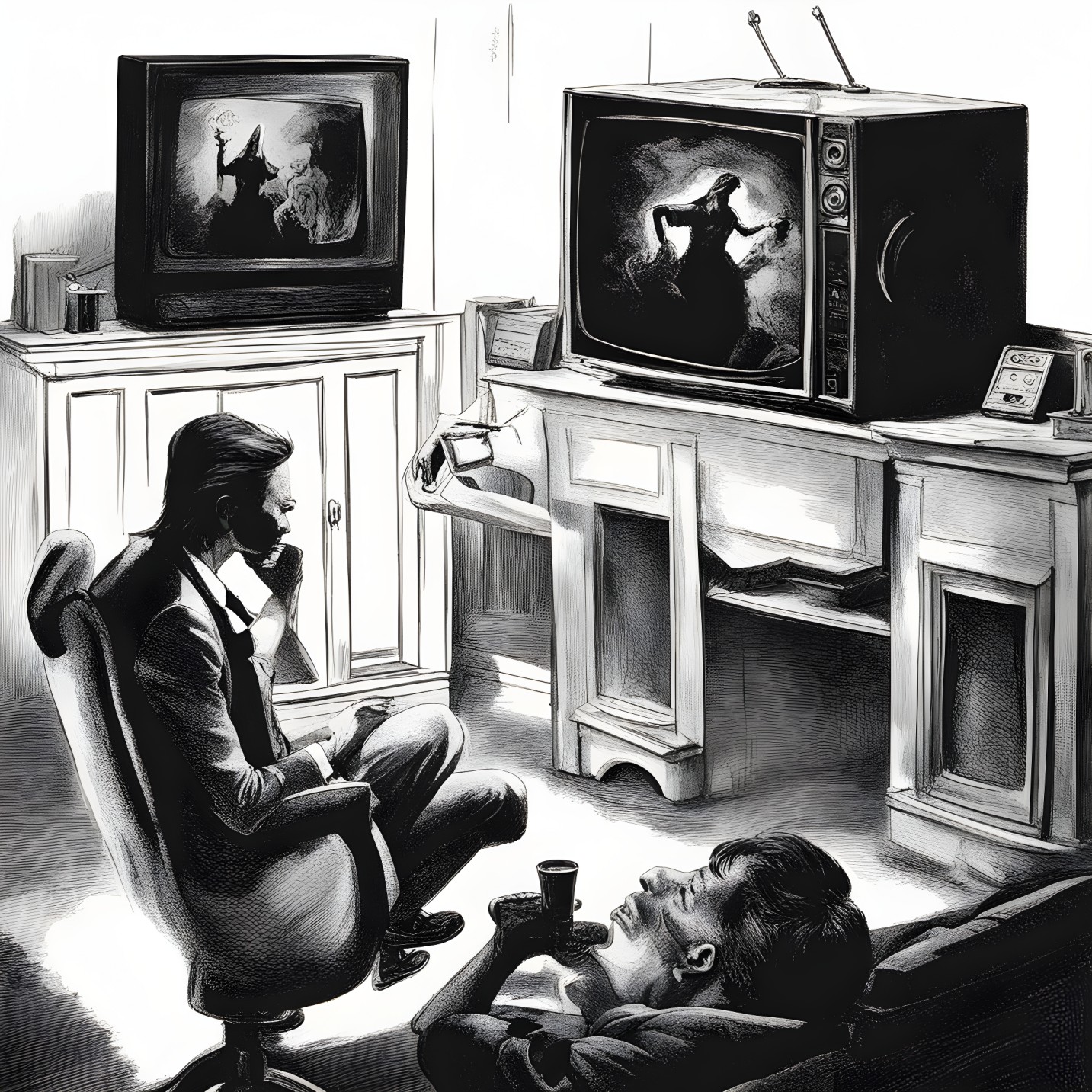
The Nigerian entertainment industry, comprising of film, music, publishing, advertising, broadcasting, gaming, sports etc. has undeniably catapulted the nation onto the global stage. Nigeria's Nollywood, is reported to be the second largest movie industry in the world. The unique music produced in Nigeria is not only captivating, but has also comfortably found a place on international charts.
When discussing economic growth, it is evident that the entertainment industry is making a substantial contribution to the country's economic development. The industry generates substantial revenue, provides thousands of jobs, and bolsters tourism. Indeed, we can confidently say that the Nigerian entertainment sector stands out as a big export, and one of the enviable and remarkable aspects of the country.
Remarkably, the influence of entertainers on the people, particularly young people, is equally significant. We now find Osato and his friends, who are young final year students at a Senior Secondary school in Nigeria, admiring and aspiring to be like their favorite music artist; Shallipopi, who has a remarkable zero to hero story. They are trying to replicate his fashion sense, imitate his style of speech, and even mimic his dance moves. To them, Shallipopi is more than just a musician; he is their idol and a symbol of success.
Robo, a second year university student has found herself drawn to Ayra Starr, a rising star in the entertainment industry known for her resonating sounds, stunning looks and unique fashion choices. Robo and her friends cannot help but admire Ayra's confidence and glamour. Robo and her friends are beginning to mirror Ayra's style. They started dressing like her, experimenting with makeup to achieve her signature look, and even trying to adopt her confident demeanor. To them, Ayra Starr, is not just an artist but a fashion icon who symbolizes beauty and grace.
These scenarios highlight the influence that entertainers and social influencers hold over their followers and fanbase. Osato, Robo, and countless others see these figures as more than just performers; they view them as role models who represent success, beauty, and vogue. The entertainers and influencers have unwittingly become cultural touchstones, shaping the aspirations and behaviors of generations.
The strong influence of entertainers has existed for as much time as entertainment itself. Apparently, In today's digital age, the power of entertainers and influencers has amplified through social media and the internet. These platforms provide a direct and unfiltered channel to their followers. However, this can be a double-edged sword.
Today, it is not merely a saying that you become akin to the company you keep; your viewpoints and way of life can also be molded by the individuals and role models you follow and emulate.While the emulation and admiration for these figures is not inherently negative, a significant concern arises when entertainers and influencers begin to promote social vices or questionable norms.
The very qualities that make them influential can also be used to propagate harmful behaviours. When these role models endorse violence, drug use, cultism, or other negative aspects, their followers; especially the young admirers might be lured into adopting these behaviours, believing they are emulating success.
Many individuals now perceive the lifestyle showcased by entertainers and social influencers, perpetuated through the lens of social media and the internet, as the ultimate measure of success. Young people are often driven to chase quick wealth to afford the luxurious items, the fancy clothes, exotic cars, and lavish houses, flaunted by these influencers.
Many people now model their idea of a perfect family live and aspire to create family lives that mirror the seemingly perfect relationships depicted by celebrities and influencers online. Unfortunately, this idealization often proves to be misleading. Even the marriages of these celebrities, presented as flawless unions, can unravel into mere charades, revealing the stark difference between the facade and reality.
Recognizing the profound influence wielded by entertainers and social influencers, some individuals, politicians, and brands have strategically capitalized on this phenomenon to sway the masses. At times, this influence can be harnessed for positive change, such as advocating for social causes or inspiring collective action.
However, it also has a darker side. Some brands, driven solely by profit, have exploited the trust people place in these influential figures, orchestrating scams that deceive unsuspecting Nigerians. In such instances, the prioritization of money over people and integrity becomes painfully evident.
Moreso, some entertainers and social influencers have harnessed the immense reach of their platforms to disseminate fake news and misinformation. This troubling trend has unsettling consequences, as their devoted followers often trust their every word without question. When confronted with these misleading narratives, their staunch supporters may find it difficult to accept that their revered public figures could be responsible for spreading falsehoods.
All of the above highlighted issues establishes the need for a strong level of understanding, responsibility, vigilance and discernment in the terrain of influence in the digital age.
While entertainers and social influencers undeniably have the right to freedom of expression, they must also recognize the immense responsibility that comes with the influence they wield. In many ways, they serve as cultural and social architects, shaping the perspectives and behaviours of society, particularly the younger generations. Therefore, it is important that they exercise caution and mindfulness in their content creation.
Striking a balance between artistic freedom and societal well-being is crucial in ensuring that the entertainment industry continues to flourish while upholding the values and norms that are important to the broader community. Governments and the legal framework must continue to play a role in regulating the entertainment industry.This includes addressing issues of social vices, obscenity, implementing censorship where necessary, and considering public policy and the greater public good.
It is essential for citizens to recognize that entertainers and social influencers, despite their popularity and charisma, are essentially in the business of showmanship. While their positive contributions can be admired, it is crucial to remember that they are not infallible. Admiring their talents and intellectual works is one thing, but blindly emulating every aspect of their lives is quite another.
Lastly, It is important that the followers and fans of these entertainers and social influencers exercise discernment and critical thinking, when it comes to the content they see. What is presented on screen or on social media is often a curated facade that may differ significantly from their real lives. Therefore, fact-checking and careful consideration are essential. Emulate the good values and positive aspects, but be discerning enough to reject behaviours or actions that are not aligned with your own values and principles.

